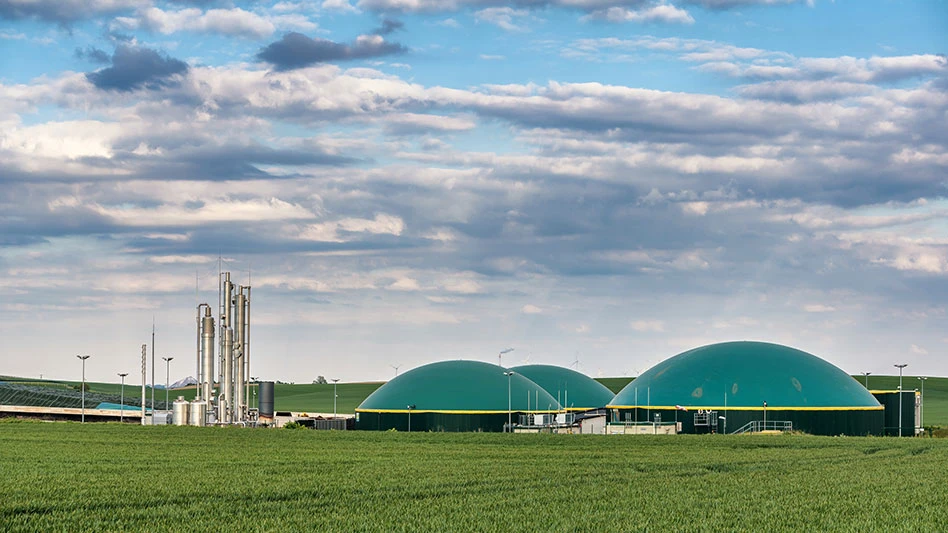
The New York State Department of Environmental Conservation (DEC) commissioner Basil Seggos has announced the adoption of final regulations to implement New York’s Food Donation and Food Scraps Recycling Law, reports The Chronicle-Express.
The law and implementing regulations are a critical step in addressing contributors to climate change and assisting those in need by supporting the donation of quality food.
The regulations will require large generators of food scraps to donate wholesome food to the maximum extent practicable, helping New Yorkers struggling with food insecurity by increasing the amount and variety of food available through relief organizations across the state.
"Americans currently waste about a quarter of all the food purchased, which directly leads to the creation of methane and other greenhouse gases and negative environmental impacts," Seggos said. "These wasted food resources can now be used to help people in need instead of contributing to climate change. The regulations released today are a perfect example of a common-sense approach to promoting food recycling while also helping the hungry and reducing waste to build healthier, environmentally sustainable communities."
The regulations implement the 2019 Food Donation and Food Scraps Recycling Law’s requirements for all designated food scrap generators to donate excess edible food and send food scraps to an organics recycler if one is available within 25 miles of the generator.
As reported by The Chronicle-Express, the resulting increase in food donation will help New Yorkers in need and create jobs to assist the not-for-profits that handle food donations. The law also requires generators to recycle food scraps by using organics recyclers to reduce the amount of food scraps that would otherwise end up in landfills and ultimately produce methane, a potent greenhouse gas.
DEC's regulations define a food scrap generator as an entity that generates an annual average of two tons of food scraps or more per week at a single location. These entities include, but are not limited to, supermarkets, food service businesses such as restaurants, higher education institutions, hotels, food processors, correctional facilities, and sports or entertainment venues. Hospitals, nursing homes, adult care facilities, and elementary and secondary schools are exempt.
New York City is also exempt from the new law because there is already a similar local law enacted there.
The regulations also detail requirements to donate excess food and recycle food scraps if an organics facility is available, as well as annual reporting. In addition, the regulations include a temporary waiver provision for generators that demonstrate a need to be excluded from certain requirements, such as a lack of food scraps transporters nearby. The regulations also outline requirements that apply to transporters, transfer facilities, landfills, and combustion facilities to ensure that once the food scraps are separated by the generator, they are ultimately recycled and not disposed.
Latest from Waste Today
- ASAP Marketplace launches the Dumpster Debris Calculator
- Yanmar Compact Equipment North America appoints new president
- Plum Creek Environmental acquires Custom Installation LLC
- Avis introduces Harris American Co.
- Landfill Insights: The science of landfill compaction
- Project Canary, Sniffer Robotics partner to develop methane emissions monitoring tools
- Montauk Renewables breaks ground on Tulsa RNG project
- Meridian Waste donates $50K to community organizations





